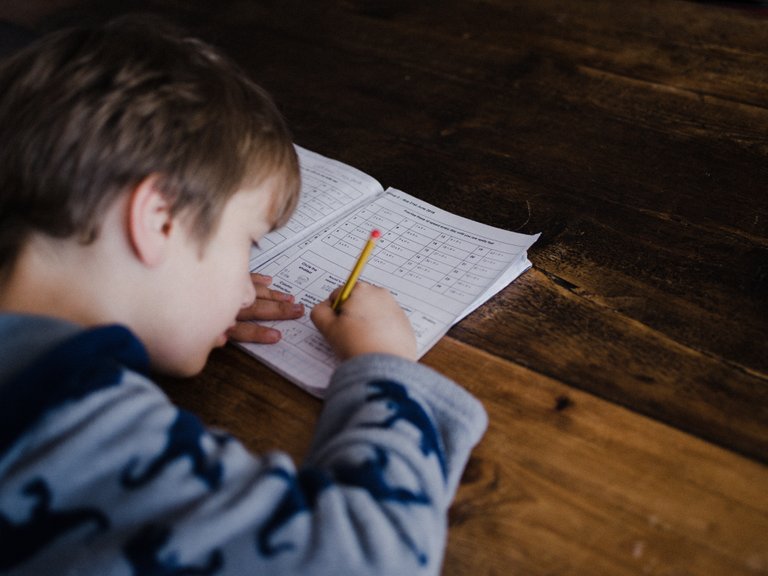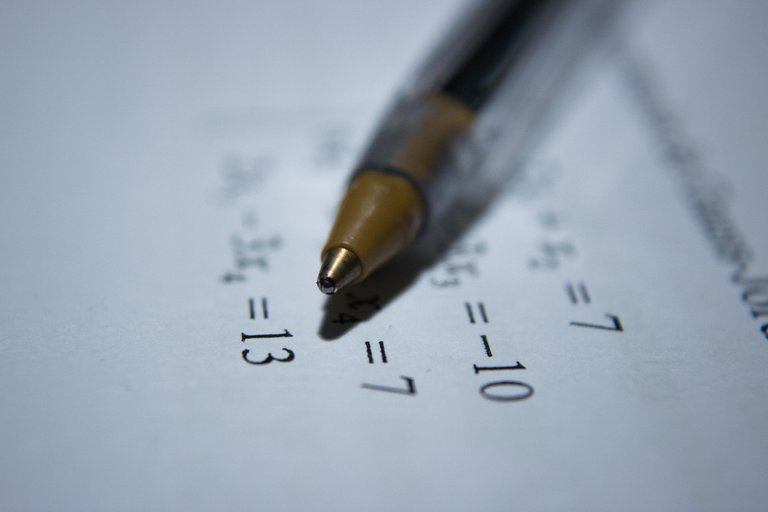Using Everyday Activities to Make Mathematics Fun
Introduction
Have you ever wondered if your concerns about mathematics are being passed down to your children? You're not on your own. Many parents who have previously struggled with math believe that their children will have similar challenges in the future but actually, that's not always true because we can turn their everyday activities into learning opportunities that might help our children develop the love of maths.

Photo by Annie Spratt on Unsplash
Dr. Andrea Pastor, an educational psychologist at Human Arithmetic and Reading Centers, believes that developing a child's love of math should be fun and stress-free. “Children are born with the ability to think critically and solve issues. "Math-crazy parents will assist in the development of these critical life skills.
Here are a few basic tasks that can help your children learn maths more quickly:
• On a sheet of paper, write a large number and ask your child to turn it into their favorite imaginative animal, food, person, or figure.
• Have your child measure ingredients as they cook, or check to see whether a container would hold their toy cars and blocks.
• As you divide the snacks onto two plates to share with a sibling or friend, ask your child to count each apple or pretzel piece.
• When requesting anything, provide a quantity (“Can I have five colored pencils?”)
• Count cars, trees, houses, and stoplights together every day. Add a few numbers to your child's vocabulary each day.
• Teach fractions by slicing a full sandwich in half and then quarters, demonstrating the relationship between "whole, half, and a quarter," and then having your child make the sandwich whole.
• Hands must be washed for at least 10 seconds. Every time your kid washes his hands, have them count to ten or fifteen.
• Teach him how to add numbers logically. Teach him to count in pairs, five in five, and ten in 10 as you go.

Photo by Antoine Dautry on Unsplash
• Discuss the shapes found on a tile floor. They are square when viewed from one side; but, when viewed from another angle, they are diamonds.
• Assist him or her with seeing counting as a pattern and anticipating what will happen next by asking questions like, "We're now on page six of our book."
What's on the horizon for the next page? What was the last page we read?
Conclusion
These easy exercises can help children develop an understanding of numbers. You'll also be pleased to watch your child showing creative thinking, knowing that you supported it.
I am happy that my concerns about mathematics will be passed to my children
I mean this in the positive way though, because I love maths so much and I am very good with my numbers
I'll use these guidelines when I have children, I want them to know that I support them in all dimensions
thank you for sharing sir